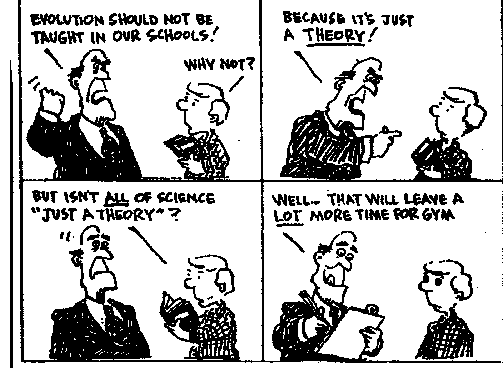- Thread starter
- #21
TBH I fast daily for about 6-8 hours. Most of you may call it sleep, but I call it IF!
That is indeed fasting but there have been studies that show an increase in HGH levels after 12-16 hours of fasting. HGH helps in the oxidation of fat, so more of HGH = more fat burning.
I think the problem is most people when they hear the term fasting think of extended water fasts that could carry on for weeks. What I'm talking, IF, is not that extreme. Sleep is about 8 hours or about half of my fast. I think it would be easier to swallow for some of you if I just stated that I'm going on an eating schedule where I eat between the 12 and 18 o'clock and never would have mentioned fasting. Or alternatively, that I don't eat anything on one day a week. Hmmpf, rant over.



